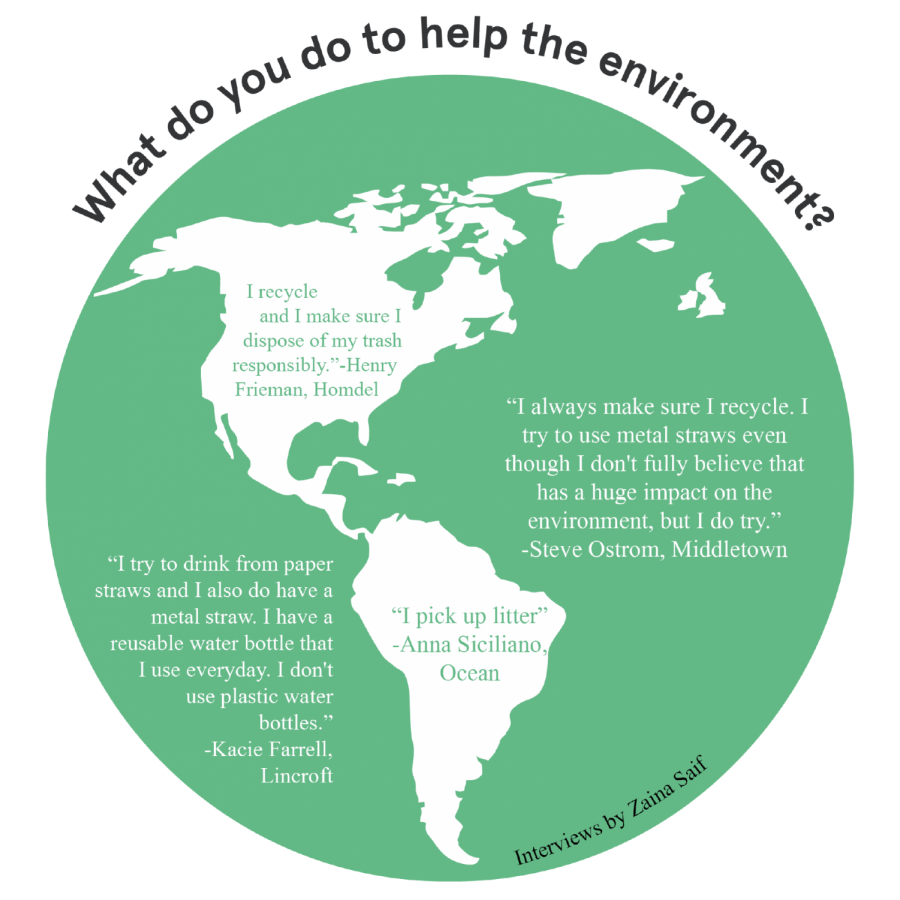Drivers Should Steer Away from Idling
Blot graphic by Julia Perconti and Adriana Poznanski
According to the Environmental Defense Fund (EDF), idling refers to running a vehicle’s engine when it is not in motion.
November 15, 2019
Idling, though a common issue in America, often goes unnoticed by drivers. While waiting for a friend or warming up the car in the morning frost, time ticks by as the engine runs and fumes spew out of the back of the car.
Due to idling, about 150 million Americans live in areas that are not up to par with the federal air quality standards, according to the Union of Concerned Scientists.
According to the Environmental Defense Fund (EDF), idling refers to running a vehicle’s engine when it is not in motion. In some cases, such as waiting for a green light or driving through slow-moving traffic, it is reasonable for drivers to leave their cars idling. But, according to the EDF, millions of vehicles idle for long periods of time with no reason everyday in the U.S. This is detrimental because an idling car releases the same amount of pollution as a moving car.
The North Carolina Department of Environmental Quality (NCDEQ) says that idling not only pollutes the air but wastes both fuel and money as well. According to the NCDEQ, idling for 10 seconds uses more fuel than turning off the engine and restarting it.
Sophomore Belle Decker from West Long Branch was shocked to hear that she contributes to air pollution.
“I didn’t realize that when I leave my car running during the winter I am contributing to one of the main factors of air pollution,” Decker said.
New Jersey is one of the twenty-three states and Washington D.C. that has established laws to minimize the idling of certain vehicles. According to the New Jersey Business and Industry Association, diesel-powered vehicles are not allowed to idle for more than three minutes when the vehicle is not moving. If excessive idling is reported to the NJ law enforcement departments or local police, a possible fine of over $250 can be charged.
Other ways to prevent exaggerated amounts of car idling include carpooling. When carpooling, there are less vehicles that are given the chance to idle. Unfortunately, there can be complications to carpooling, which Senior Heather Griffin of Wall touches base on.
“I would carpool with people, it’s just that my friends do not live near me,” said Griffin, “so I can’t carpool even though I would like to to help the environment.”
The First Student bus company agrees that this law helps sustain a healthy environment by aiding in the reduction of air pollution.
“There is no need for the bus to idle when it arrives at the bus stop or school,” a spokesperson for First Student said. “It is an important rule for our bus drivers to stop their engine in order to limit air pollution.”




